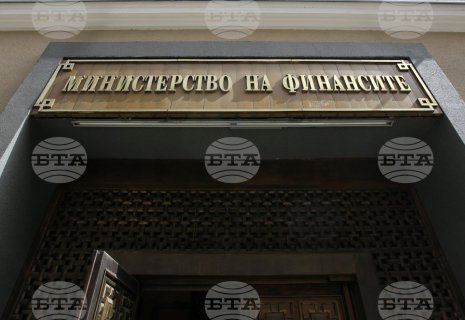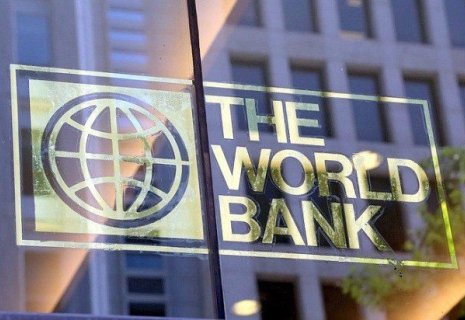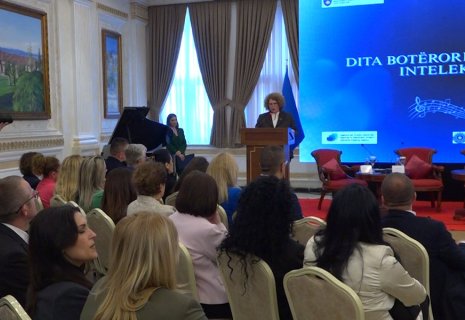
Croatian media industry under pressure
In Croatia’s media sector, 95 per cent of companies employ fewer than 15 people, with only four qualifying as large enterprises with over 250 employees, according to an analysis by the Adriatic Digital Media Observatory (ADMO) presented this week.
Presenting the study, Rector of the University of Dubrovnik Nebojša Stojčić said the research covered daily newspapers, print media, radio, television, online portals, news agencies, and press clipping services between 2002 and 2022, CE Report quotes HINA.
The number of media businesses rose from 373 in 2002 to 791 in 2022, with the online portal sector seeing the greatest growth - from six to 286 companies. Press clipping services also expanded, while the print newspaper sector declined from 102 to 73 businesses.
However, the sector shifted towards a micro-business structure, with the average number of employees falling from 21.8 to 9.3. Half of all firms have one or no employees.
Only HRT, RTL Croatia, Nova TV and Hanza Media fall into the category of large companies with over 250 employees, while six others qualify as medium-sized. Stojčić stressed that 95 per cent of firms have fewer than 15 employees, limiting their capacity for innovation, investment and technological growth.
He noted that small companies often face liquidity issues and high liabilities, while medium and large companies are financially more stable but overly conservative, hampering sector-wide innovation.
Market concentration has generally remained moderate but has increased steadily, except in the news agency sector, where one agency now accounts for 95 per cent of revenues, a possible case of a natural monopoly, Stojčić said.
Those dominating the sector are the most vulnerable to structural problems, while medium and large firms remain cautious and preservation-focused, he concluded.
























